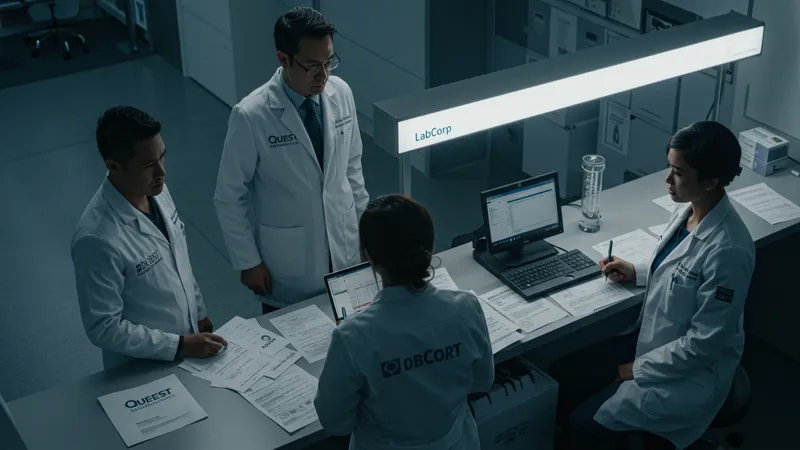
What To Expect When Booking A DNA Testing Appointment
Privacy, Security, and Legal Aspects of DNA Testing Appointments
One major reason many in the United States opt to book DNA appointments through national providers is the careful attention paid to privacy and legal standards. All three providers—Quest Diagnostics, Labcorp, and DDC—adhere to regulations set by agencies such as the Department of Health and Human Services and are compliant with HIPAA. This means every sample collected and result reported follows rules designed to protect client privacy at every stage.

Identity verification, consent, and chain-of-custody documentation distinguish in-person appointments from at-home kits, particularly when results have legal significance. For instance, DDC’s legal tests involve extra documentation steps, while Quest and Labcorp enforce strict sample labeling and transport procedures. These protocols help ensure that the test results are admissible in court or for government documentation purposes.
United States laws emphasize that DNA results must be released only to officially authorized individuals or agencies. Providers require photo ID and signed consents before any information is shared. Data encryption, secure storage, and internal access controls are standard at labs such as Quest and Labcorp, further safeguarding sensitive genetic data.
In case of disputes or court challenges, having booked your DNA test through a recognized provider means the laboratory can provide detailed records of every step—from appointment booking to sample analysis. This makes results more likely to be accepted by U.S. courts, immigration officials, or other authorities, giving peace of mind to participants involved in complex legal matters.